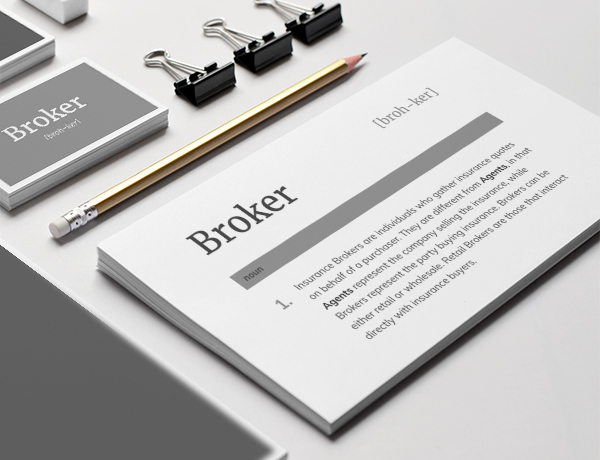Medicare Advantage Plans (Medicare Part C)
Medicare Part C is not a separate benefit. Part C is the part of Medicare law that allows private health insurance companies to provide Medicare benefits. These Medicare private health plans, such as HMOs and PPOs, contract with the federal government and are known as Medicare Advantage Plans. If you want, you can choose to get your Medicare coverage through a Medicare Advantage Plan instead of through Original Medicare.
Medicare Advantage Plans must offer, at minimum, the same benefits as Original Medicare (those covered under Parts A and B) but can do so with different rules, costs, and coverage restrictions. You also typically get Part D as part of your Medicare Advantage benefits package (MAPD). Many different kinds of Medicare Advantage Plans are available. You may pay a monthly premium for this coverage, in addition to your Part B premium.
If you join a Medicare Advantage Plan (like an HMO, PPO, or PFFS), you will not use the red, white, and blue card when you go to the doctor or hospital. Instead, you will use the membership card your private plan sends you to get health services covered. You will also use this card at the pharmacy if your health plan has Medicare prescription drug coverage (Part D).
© Medicare Rights Center. Used with permission.
The content is developed from sources believed to be providing accurate information. The information in this material is not intended as tax or legal advice. It may not be used for the purpose of avoiding any federal tax penalties. Please consult legal or tax professionals for specific information regarding your individual situation. This material was developed and produced by FMG Suite to provide information on a topic that may be of interest. FMG, LLC, is not affiliated with the named broker-dealer, state- or SEC-registered investment advisory firm. The opinions expressed and material provided are for general information, and should not be considered a solicitation for the purchase or sale of any security. Copyright FMG Suite.



